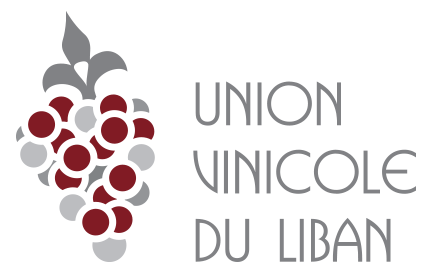Lebanon
Lebanon lies at the eastern extremity of the Mediterranean. It has a population of 4 million people and bordered by Syria to the north and east and Israel to the south.
It is a crucible of the three great monotheist religions – Christianity, Islam and Judaism – and is home to sixteen state-recognized faiths, including Judaism.
Lebanon won independence in 1943. The country’s constitution distributed political representation according to this confessional dynamic and its demographic spread.
The president is drawn from the ranks of the Maronite Christian community, the Speaker of parliament a Shia Muslim and the Prime Minister a Sunni Muslim. Other religious communities – Greek Orthodox, Druze, Greek Catholic, Armenian Catholic, and Protestant et al – are also represented.
The economy is driven by banking and service industries such as tourism and hospitality. Many Lebanese live outside the country and a significant portion of GDP – roughly 30% – is made up of foreign remittances.
The Lebanese are famed businessmen. Their doctors are among the best in the region and its engineers can lay credible claim to have built the modern Gulf nations. It singers and musicians are feted around the Arab world, while many of its writers have gained prominence in languages other than Arabic. Among the Arab nations, it can lay claim to producing the finest food and the best wine.
